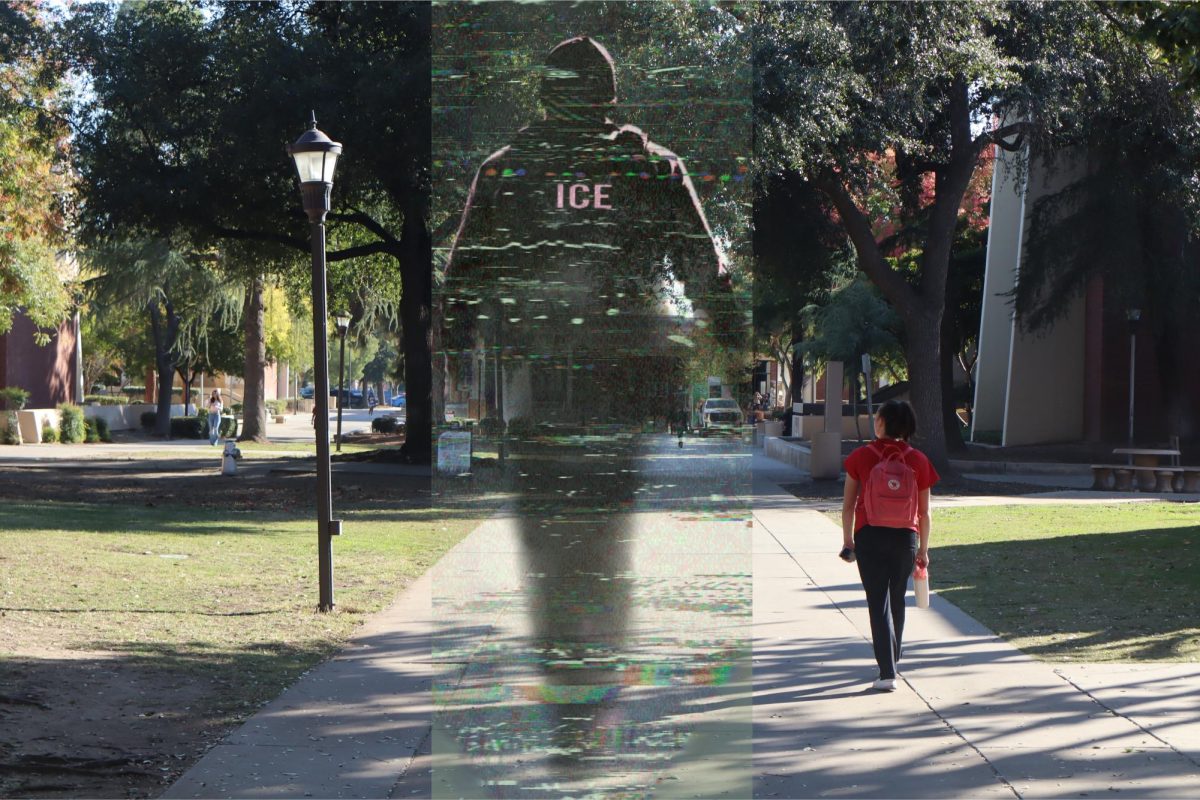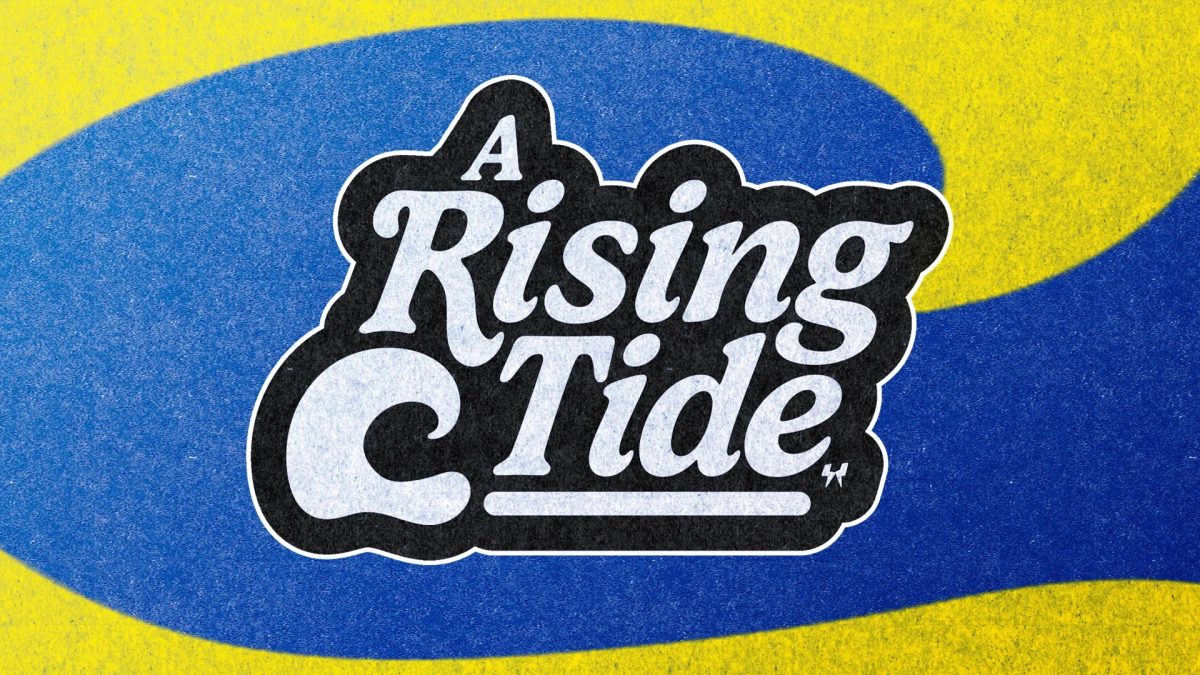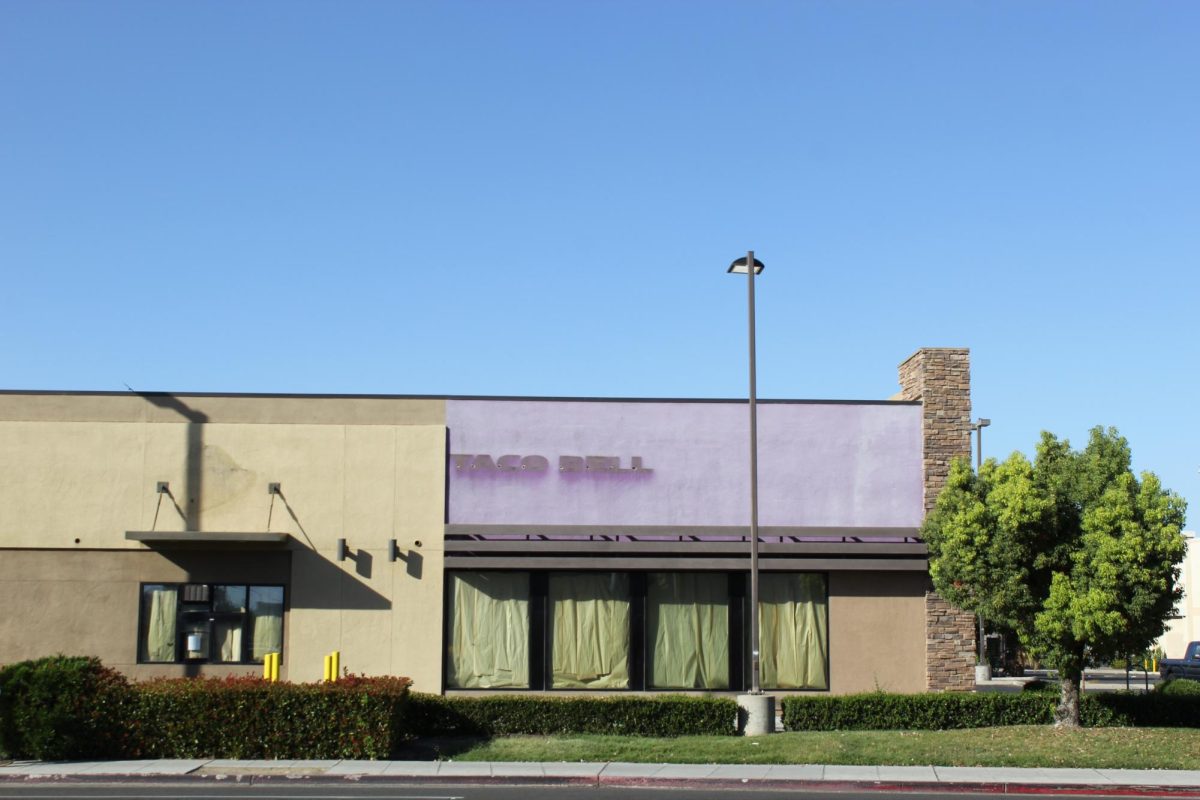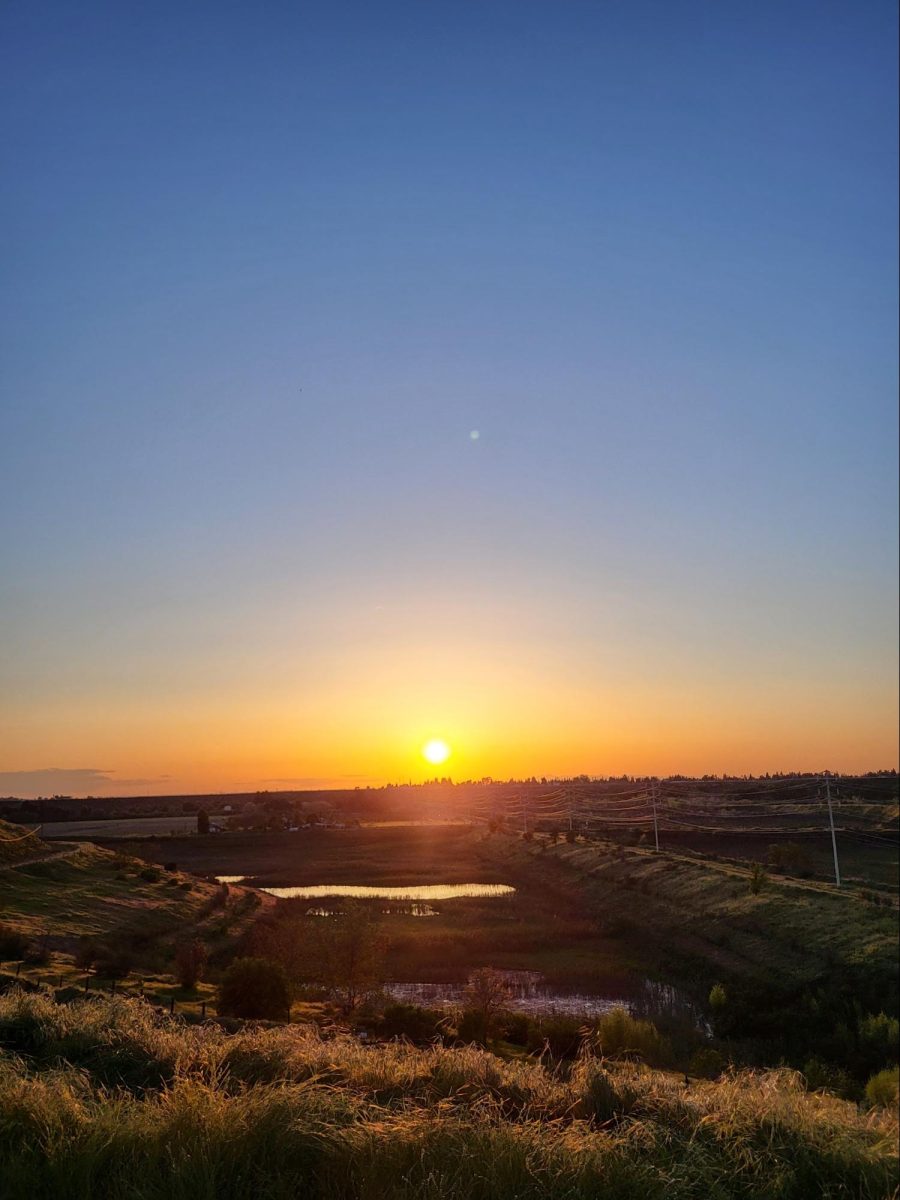Tony Cantu can be described as a man of many hats — he has been an instructor, a dean, a vice-president. Now, he holds the highest office in Fresno City College: the presidency.
His previous experiences provide him a rare perspective – he is able to appreciate the challenges instructors may face in the classroom; at the same time, he is focused on creating a student-centered environment. Cantu said his time as president will be focused on sustaining the college and continuing on the current path amidst the current budget woes.
Q: You started off as an instructor, then became a dean, then held an administrative position at Reedley College. Then you became the vice-president of instruction here at FCC. How did these work experiences in education help you become the leader that you are today?
A: They are different, but I think it’s the same skills that apply either way. In the classroom, part of what you do involves leadership; it’s not just about teaching, it’s also about getting ready, and getting active on campus. By going through those activities, you provide better service to the students.
In terms of administration, I went to Reedley College first as a dean for community campus, then I came back to FCC as dean of the Humanities Division. I then went on to become vice-president of instruction. Each of those positions have allowed me to become more familiar on how the district works and develop a global view. As I assume other positions it has given me a global view and broadened my perspective.
Q: Do you feel there have been fundamental changes in the educational system since you became a college administrator?
A: I think in some ways, it has gotten better, and what I mean is that it seems that the expectations are clearly defined. When I started, there was a big shift in governance that was part of AB 1725; that was a big change for the better because it affected every single thing that we did.
Q: What are some of the hurdles that you feel students must overcome in order to be successful during these difficult times?
A: Not to give up, and to persist. Part of success has a lot to do with persistence and hanging in there, and making sure that you have clearly defined goals and are asking for help when you need it. What I mean is, life happens to our students, so there may have to be a change in plans, but students should not think that it is reason enough to quit or to give up. They have to persist and continue, and actually find the resources that will allow them to reach their goal.
Q: When did you realize that you wanted to work with students?
A: A long time ago. I always knew that I wanted to be in education; I never considered anything else.
Q: If you could change anything about the educational system, what would it be?
A: Probably the cost and access. The cost is too great, and it makes it much more difficult for students to attend and get help in a reasonable amount of time. We are getting challenged to have students complete programs and certificates in a reasonable amount of time, yet with the budget being the way it is, we are reducing classes. On one hand, we are being asked to focus on completion; on the other hand, we are making it harder for students to complete.
Q: What’s unique about FCC and its students?
A: It is the diversity of the students. All you have to do is walk the mall during the afternoon or in the mornings. The richness of the diversity of Fresno is reflected on this campus. What I really appreciate about FCC is the strong student leadership. We have been fortunate for years to have a strong student government.
Q: Can you reveal something exciting things that will be happening on campus within the next couple of months?
A: In the next couple of months what the push will be is graduation of course. We are focusing on graduation, accreditation, and the budget, not necessarily in that order either.
Q: How does this responsibility differ from your job as VP of Instruction?
A: The scope is different, what I mean is that the scope is broader than before. Even though my involvement on campus has always been across all the different areas, now it is much broader. Now it’s not just focusing on instruction, but I’m also focusing on student services, administrative services. I’m looking at all the different components.
Q: Did you have any thoughts of not accepting the role of president?
A: No, I was asked to do it, and at this point in time, it’s what we needed to do. FCC has always been a college where when we need to get things done, people come together and get them done.
Q: What are some of the obstacles that you will face in your time as president?
A: The budget, I think, is at the top of the list — how we are going to get through what we need to get through while making sure that we go through the necessary process that everyone is aware, and that communication is out there.
Q: What are some of the things that Dr. Azari did that you feel you want to continue?
A: Reminding ourselves that we are here for the students; that has always been my perspective as well as hers. I think that is paramount. The other thing to continue is to support the variety of programs that we have, making sure that our fine performing arts are successful, as well as our athletics and student clubs.
Q: What are some of the things that you would like to do differently?
A: At this point, I don’t think there would be anything that I would do differently. I think she put a lot of really good things in place, and for the time that I am going to be in the position, I think it is just continuing and making sure things get done






